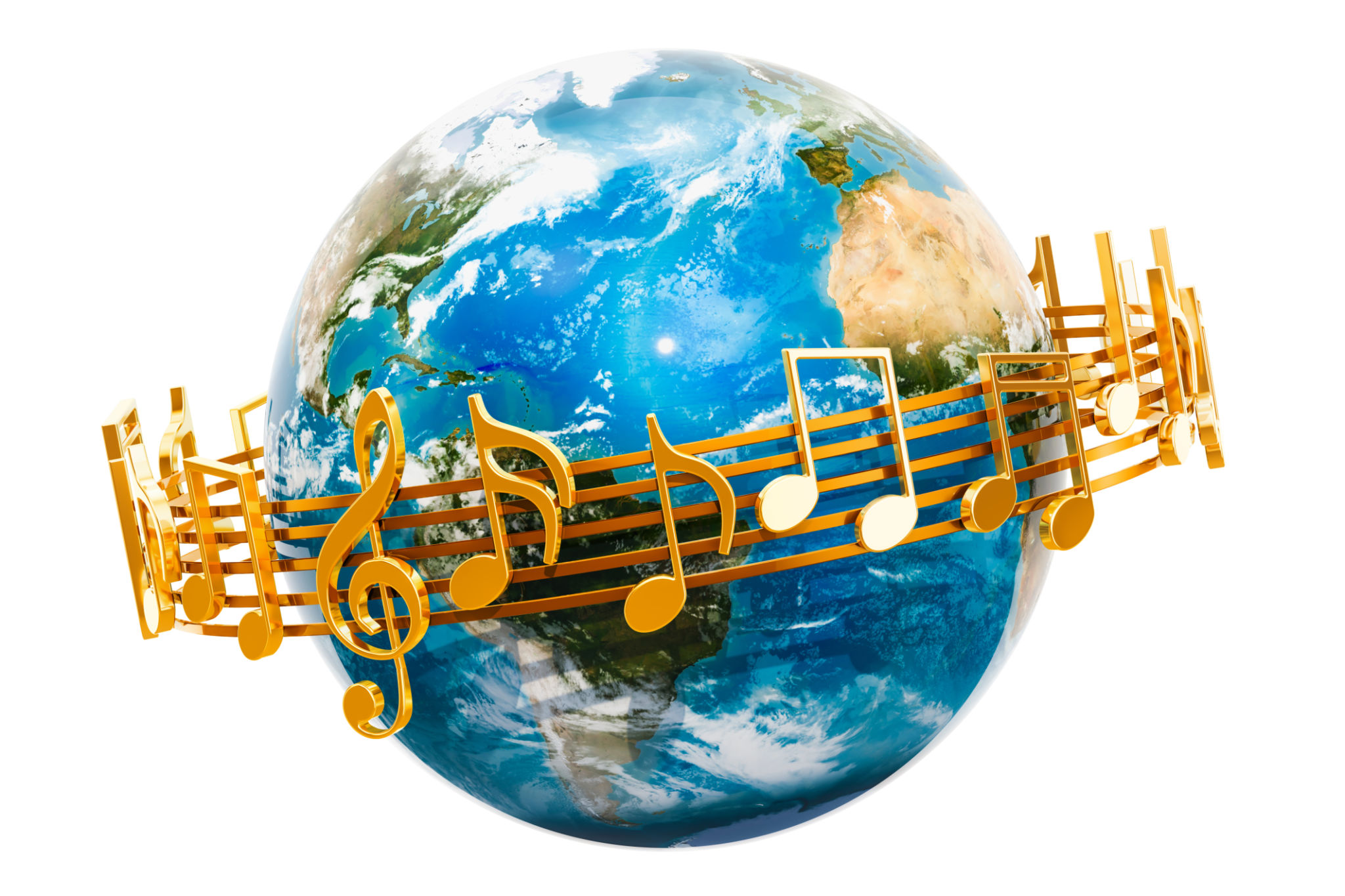Exploring the Impact of Streaming Services on Music Award Shows
The Rise of Streaming Services
In recent years, the music industry has undergone a dramatic transformation, primarily driven by the rise of streaming services. Platforms like Spotify, Apple Music, and Tidal have revolutionized how people access and consume music. This shift has not only affected the music market but has also had a significant impact on music award shows.
Streaming services have democratized music consumption, allowing listeners from all corners of the world to discover new artists and genres with just a click. This accessibility has broadened the audience base for many artists, increasing their chances of recognition and award nominations.

Changing Metrics for Success
Traditionally, the success of an artist was measured by album sales and radio play. However, with the advent of streaming services, these metrics have evolved. Now, the number of streams and playlist inclusions are crucial indicators of an artist's popularity and success.
This change in metrics has forced music award shows to adapt. Many have started incorporating streaming data into their criteria for nominations and awards. This shift ensures that the awards remain relevant in an industry increasingly driven by digital consumption.

Impact on Award Show Nominations
The influence of streaming services on nominations is evident in the diversity of artists being recognized. With streaming platforms offering a vast catalog of music, listeners are exposed to a wider range of artists and genres than ever before. This exposure has led to a more inclusive set of nominees at music award shows.
Additionally, streaming data provides a more accurate representation of what audiences are truly listening to, rather than relying solely on traditional metrics like album sales. This data-driven approach helps ensure that nominees reflect current musical trends and listener preferences.
The Globalization of Music
One of the most profound effects of streaming services is the globalization of music. Artists from different countries can now reach a global audience, leading to a more diverse selection of music at award shows. International artists are gaining recognition on prestigious platforms, breaking language barriers and bringing cultural diversity to the forefront.
This global reach has also encouraged collaborations between artists from different parts of the world, resulting in unique blends of musical styles and cross-cultural influences that are celebrated at award shows.

The Future of Music Award Shows
As streaming continues to dominate the music industry, it is likely that its influence on award shows will only increase. Award shows may further integrate streaming data into their nomination processes, possibly even introducing new categories that reflect the digital nature of music consumption.
Moreover, the format of award shows themselves may evolve to cater to a digitally savvy audience. This could include live-streaming events, interactive voting systems, and more engagement with audiences through social media platforms.

Conclusion
Streaming services have undeniably reshaped the landscape of the music industry and its award shows. By embracing these changes, award shows can continue to celebrate musical excellence in a way that resonates with modern audiences. As we look to the future, the relationship between streaming platforms and music award shows will likely continue to evolve, reflecting the dynamic nature of the music industry itself.